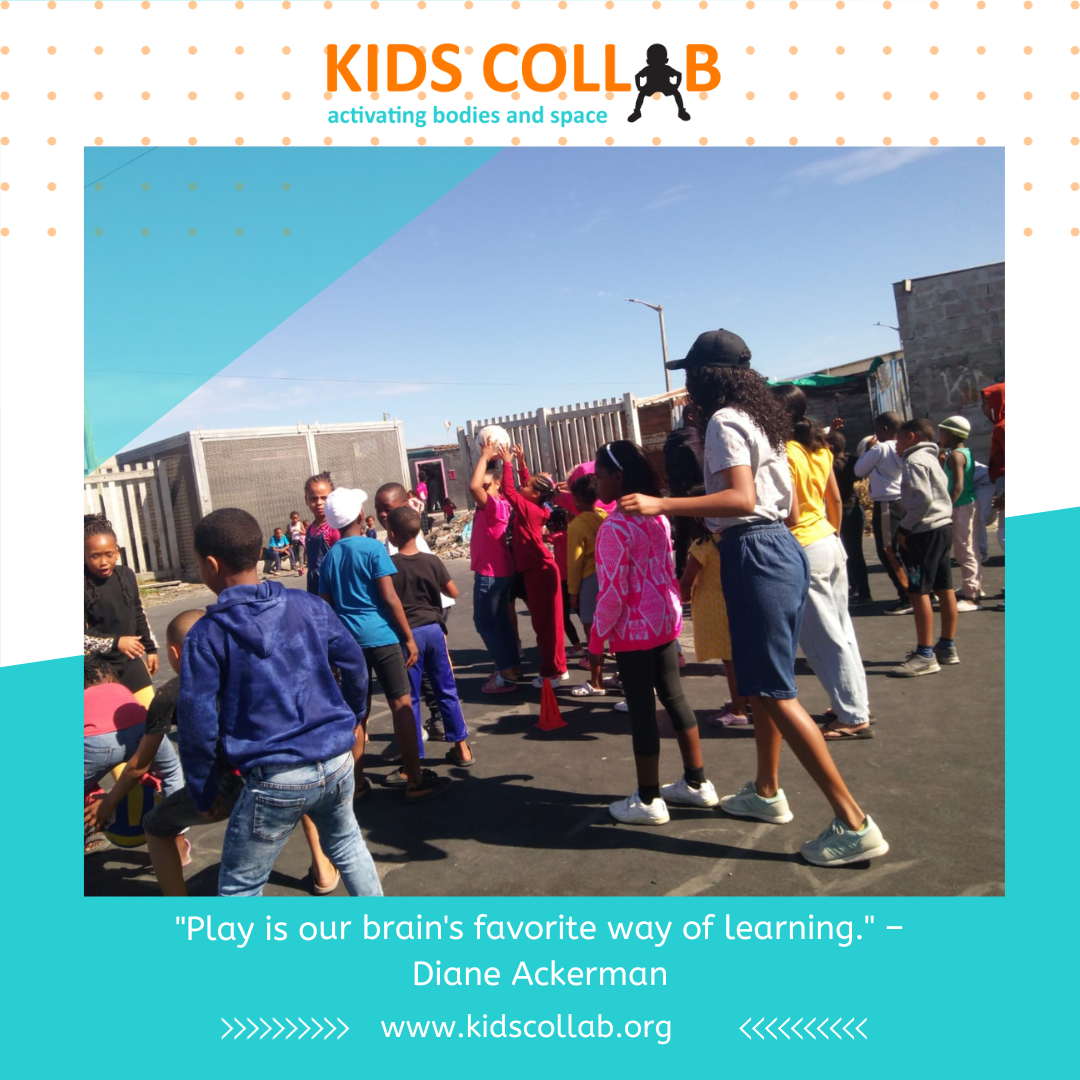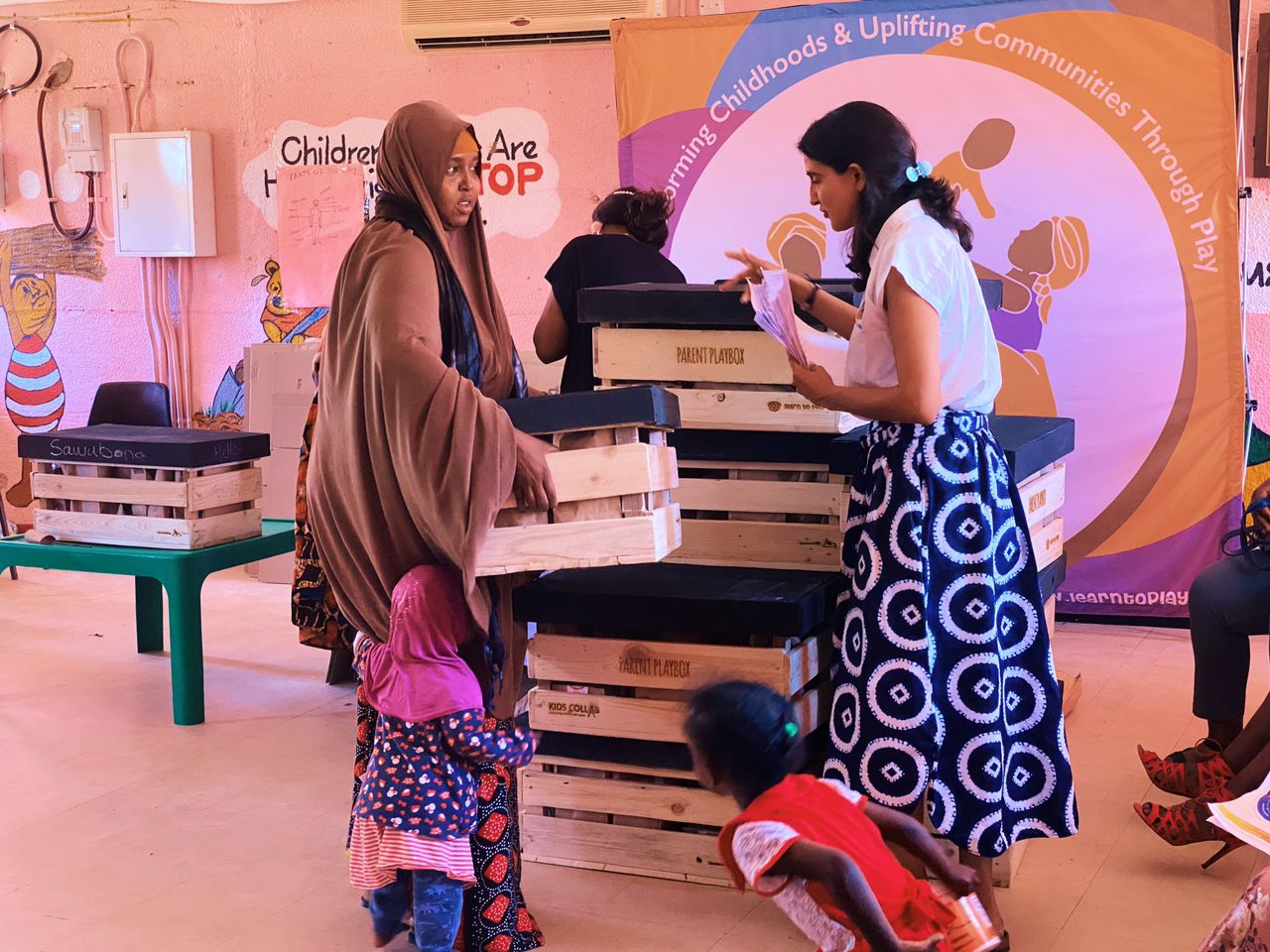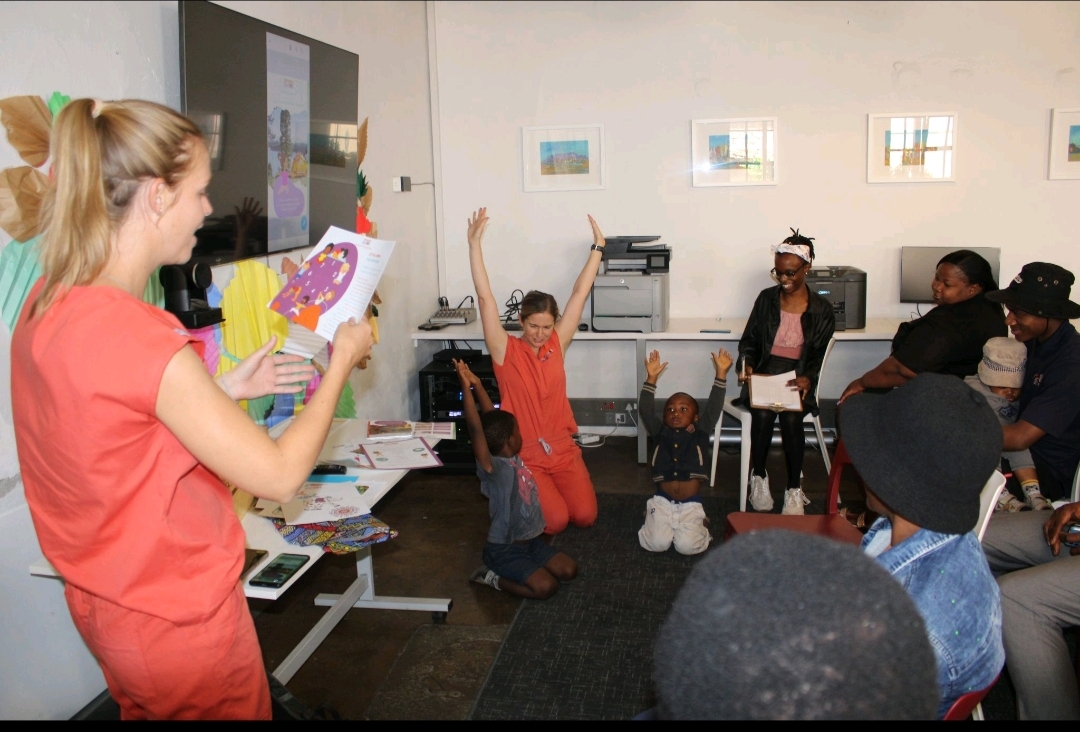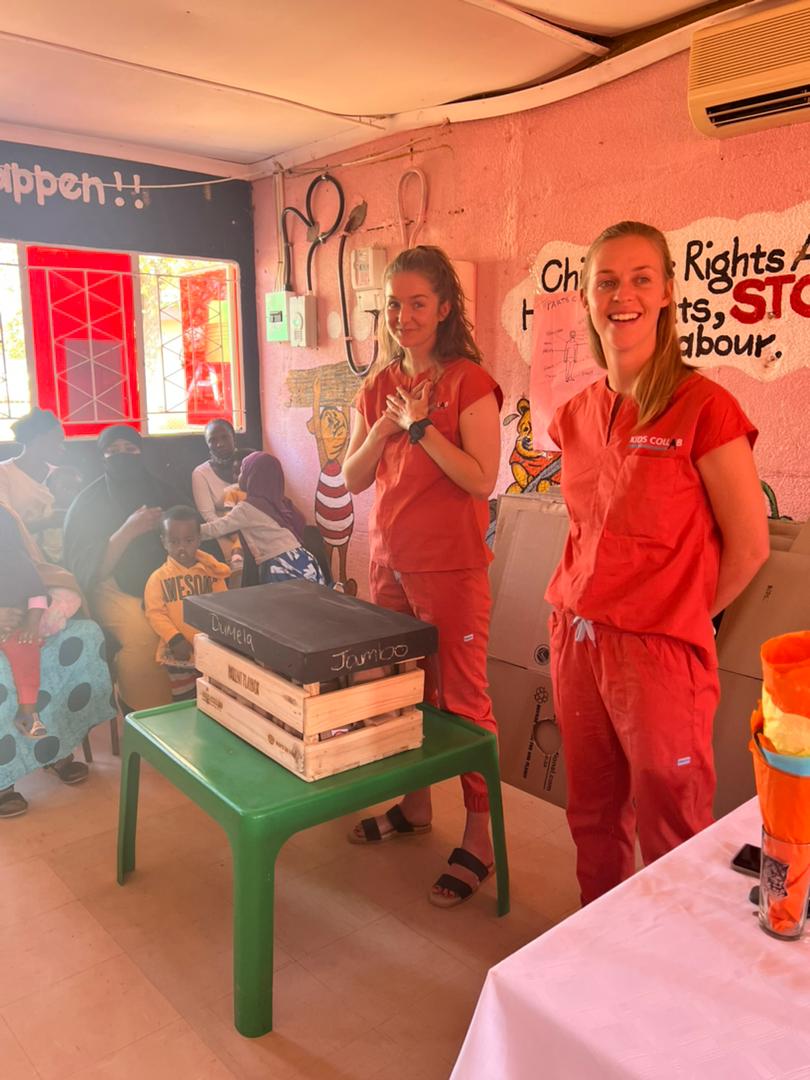Redefining Success: The Social Impact Path of Kids Collab
Kids Collab was founded with a clear mission: to enhance children's physical development and well-being, with a particular focus on fundamental movement skills during their critical preschool years. We started on this journey almost five years ago, and, while our mission has not changed, our solution and methods of delivery certainly have.
As we said in our last post, we thought Kids Collab was destined to be the next big ed-tech solution to help get children healthy and active. Our solution? A digital platform for educators and parents that helped them integrate simple activities into the school and home environment. We spent an entire year working with healthcare professionals, including dieticians, kinderkinetics, occupational therapists, and early years educators, to develop a comprehensive programme for children aged three to nine. At the same time, we worked with a web developer to build an online platform where we could host all of our content.

At this point, we had no revenue coming in, so we poured our savings into this online solution. If there’s something we did not lack, it was optimism and the belief that this was something all parents and all schools needed! We soon realised that the hardest part was not building out this solution, but selling it. Over the next two years, we started to speak to schools all over the world, not only sharing our product but also educating them on the importance of play and physical activity. In doing so, we realised that several barriers lay in our wake, including rigid educational frameworks, educators' lack of time, budget constraints, and existing programmes.
Perhaps it was just time that we needed? We had a few schools come on board, but it certainly was not enough to sustain us. By now, you may be wondering how we were surviving. Well, think of your most iconic start-up story, and we may just beat that. We plan to write a book one day! At this point, we were living in London, believing the UK was where we would get the best traction. For two years, we shared a bed in the spare room of a wonderful South African family who took us in, we offered babysitting duties to make extra money, took up odd jobs in our field, ate Too Good to Go as a monthly treat (great start-up, by the way - look them up), and, well, we spent very little money! Basically, we bootstrapped Kids Collab for a while. As difficult as it was to be earning nothing, we were receiving great feedback from the people using the platform and truly believed that all we needed was time. We became well-versed in all the ed-tech lingo, attended all the entrepreneurial events, met with investors, and sat through many education conferences.
If you are feeling exhausted reading this, just imagine how we felt. We were feeling so frustrated, but it wasn’t the fact that we were not generating income (although slightly concerning), it was the fact that we were not seeing our programme used to its full potential. We wholeheartedly believed, and still do, that all children should be able to move, play, and develop, whether at home, at school, or in their communities. We had built this platform with hundreds of resources, and yet where were the children moving, playing and engaging?
It was in February 2022 that I connected with a woman in Botswana called Priyanka Handa Ram over Linkedin. I was immediately drawn to the work she was doing with Learn to Play, empowering local women, called “Maatla Mamas” with the knowledge, tools, and resources to host daily playgroups for children who would not usually be able to access early childhood education. To cut a long story short, we had a wonderful conversation about what our organisations were both doing and spent the next few months connecting virtually to come up with a collaborative project. It was in June 2022 that we decided to meet in person, and Rachel and I took a trip to Botswana from Johannesburg to visit Priyanka and her team. We began brainstorming the concept of the Parent Playbox.

Subconsciously something was shifting in us, and we left this visit feeling a little lighter than we had felt over the last few months. In September 2022, after months of planning and product development, we arrived in Botswana ready to do our first pilot with LTP in the Dukwi Refugee Camp. It was here that the shift was made. Rachel and I saw firsthand how programmes like ours can make a profound impact on people's lives. We were in a room filled with mothers and fathers from countries all over Africa. They were in Dukwi Refugee Camp because of situations outside of their control. Yet, with all the toxic stress and all the day-to-day struggles they were facing, they decided to attend this PlayBox session so that they could better engage and educate their children.

We soon realised that at the heart of Kids Collab and also at the heart of who we are as individuals, is a deep desire to create impact. It took meaningful conversations with incredible people like Priyanka, Neil Butcher, Brent Hutcheson from Care for Education, a rollout of a new Motivate to Move initiative with the Lions Rugby Union, some tearful conversations between myself and Rachel, and some self-introspection, to truly realise what we were after. On top of this, opportunities were starting to appear and somehow things were falling into place. For the first time, we opened ourselves up to the idea of running Kids Collab as a non-profit organisation and started to take all of our learnings from the past three years and apply them to this new path. I’m not a fan of the term “non-profit” as it places focus on money, rather than an organisation’s purpose, and so for us Kids Collab now stands as a purpose-driven social impact business with incredible potential to make a difference.
We have just started walking down this path, so I cannot reflect too much yet. However, I can tell you this: as a result of our programmes and initiatives, children are moving, playing, and engaging; parents and caregivers are being educated on early years education and development; and communities are coming together to create safe places for children to play. This is what we envisioned deep down, all along. It was previously clouded with all the “societal norms” that come with starting a business: money, growth, equity, returns, etc. And so, here we are, two social impact entrepreneurs with the goal of making a difference. Sustainability is now our focus to make sure that we can continue on this path for many years to come.

